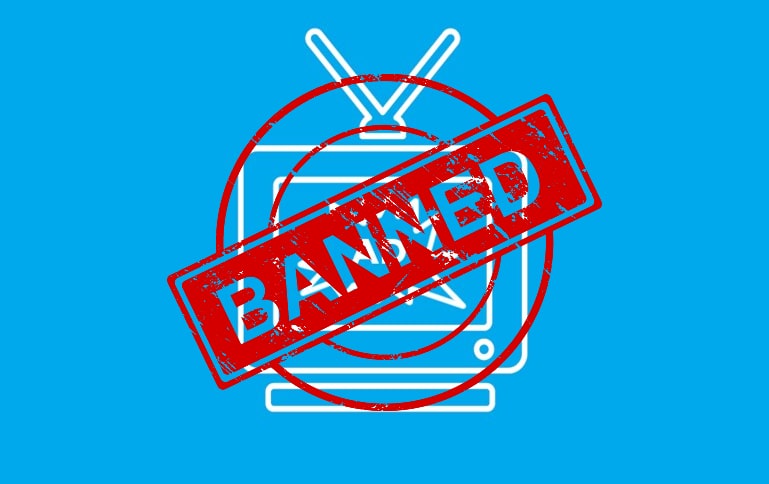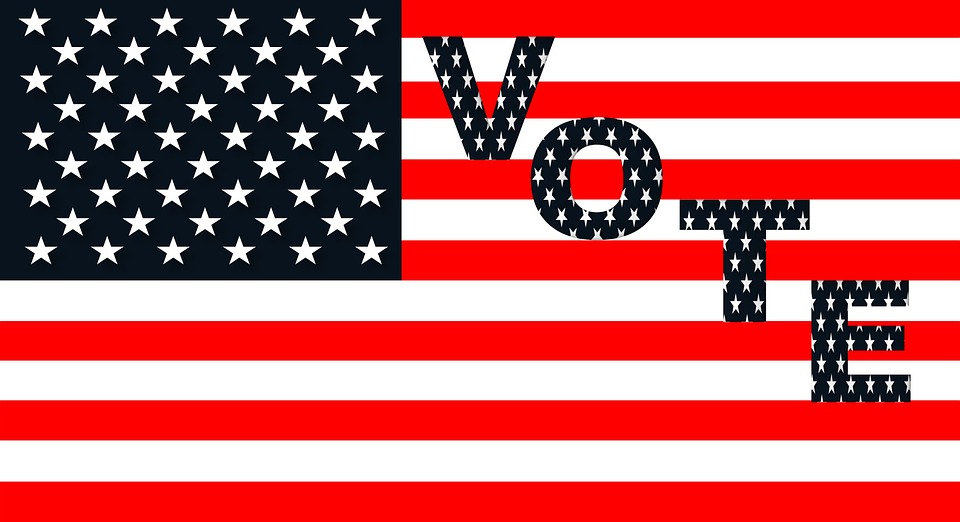 Published: 05.08.2019, 16:46
Published: 05.08.2019, 16:46 2 min read
2 min readWith just a week remaining for the English Premier League to commence, the betting industry has suffered a minor setback. Unlike Cyprus, where daytime gambling ads ban is in force, the UK authority is focusing specifically on game time. While betting ads will keep running on TVs, the law will put restrictions around game time.
The Industry Group for Responsible Gambling (IGRG) on Wednesday completed the modification of its laws regarding TV betting ads. It’s now official that TV betting ads during pre-watershed TV or five minutes before the event is illegal in the UK. The same law also prohibits gambling ads that come within five minutes after live events.
With the ban taking immediate effect, betting operators will now focus on the game highlight to market their trades. The new restriction equally allows betting ads to appear during re-run times.
UK Gambling Ad Ban Origin
It was during the 2018 FIFA World Cup event where IGRG came to terms with the reality of modifying its advertising codes. The tournament witnessed a high display of betting advertisements on TVs during the games. High exposure to gambling products attracted criticism and condemnations, forcing IGRG to act.
The ban puts an end to pre-watershed bookmakers that sponsor sports events. However, the restriction exempt horserace and greyhound activities.
Remote Gambling Association CEO Wes Himes welcomed the move and explained the intention of the code. He said that the changes in the code was the only way after “concerns raised from various quarters particularly after the World Cup.”
He further indicated that the whistle-to-whistle measure is one way of solving the impasse witnessed in the tournament Russia hosted last year. Himes also stated other areas they are targeting to reduce the exposure of children and minors to gambling. The RGA boss was quoted saying that they will look at “sponsorship, online advertisement,” and other platforms.
This is the fifth time IGRG is making changes in its code related to gambling ads. The ban isn’t a new thing since the Secretary of State for Digital, Culture, Media, and Sports Jeremy Wright made the announcement last year. He lauded stakeholders in the sector for “stepping up and responding to public concerns” while making the landmark announcement.









